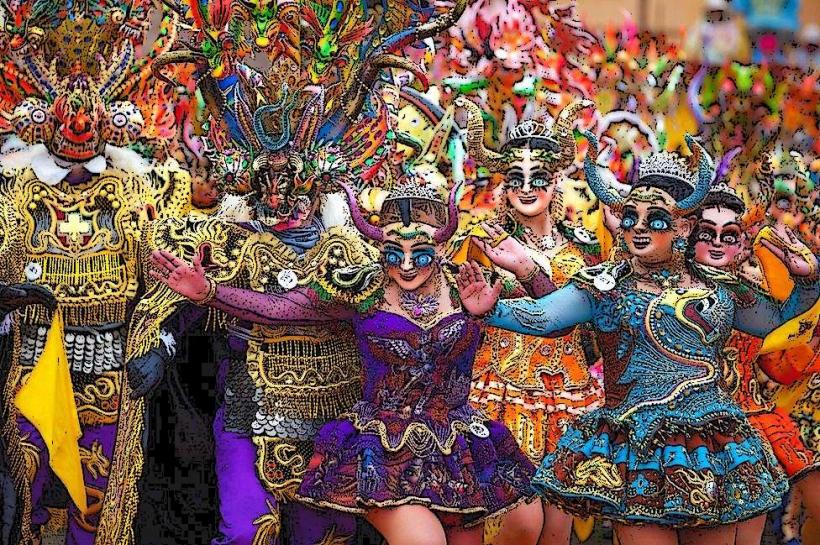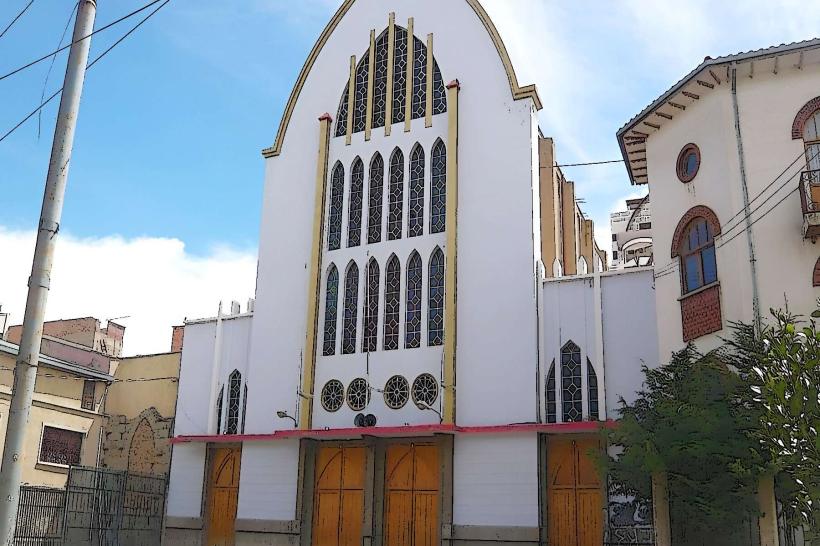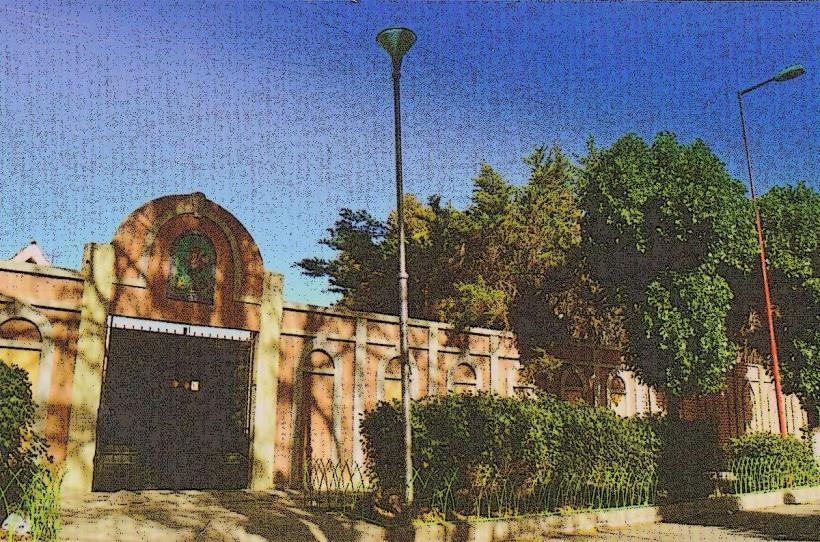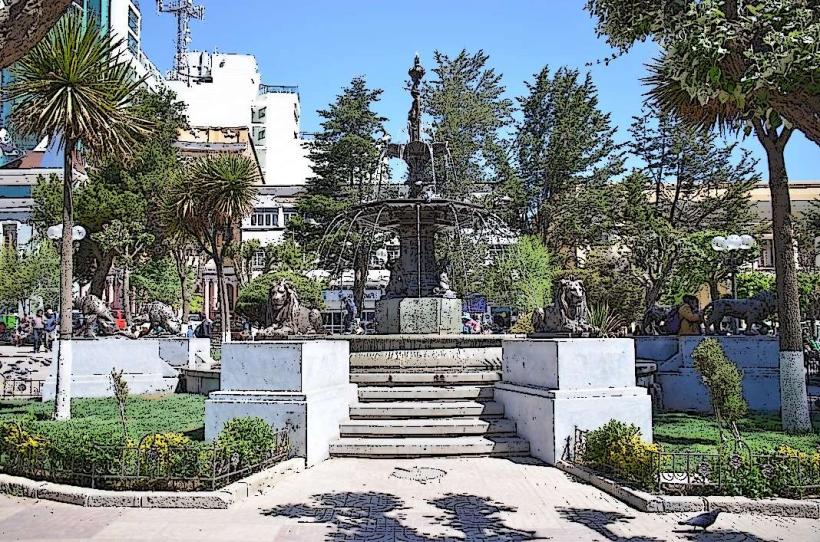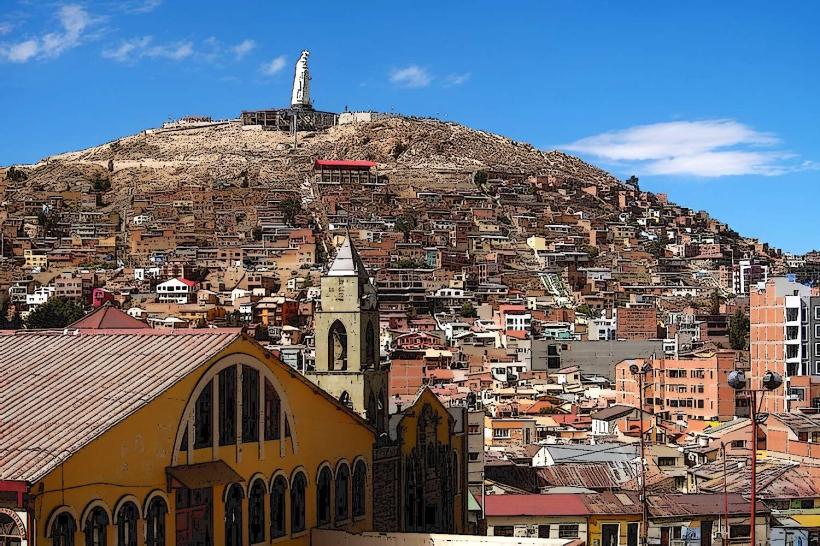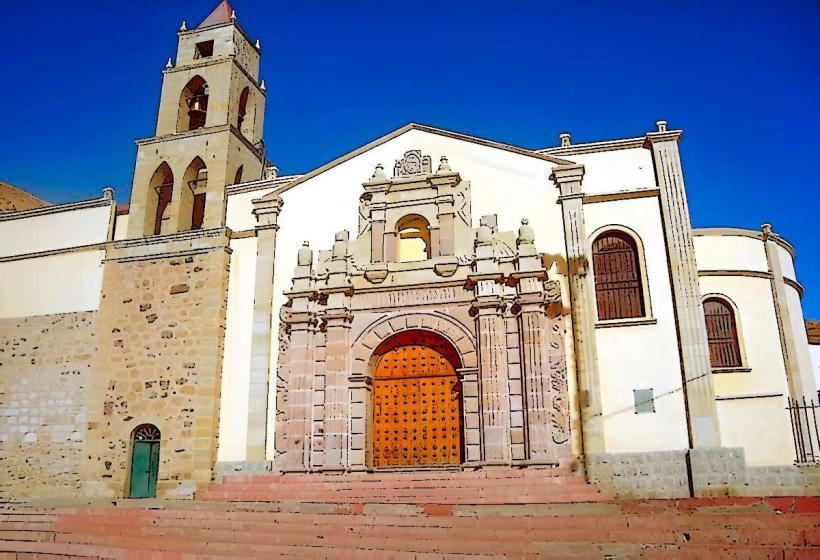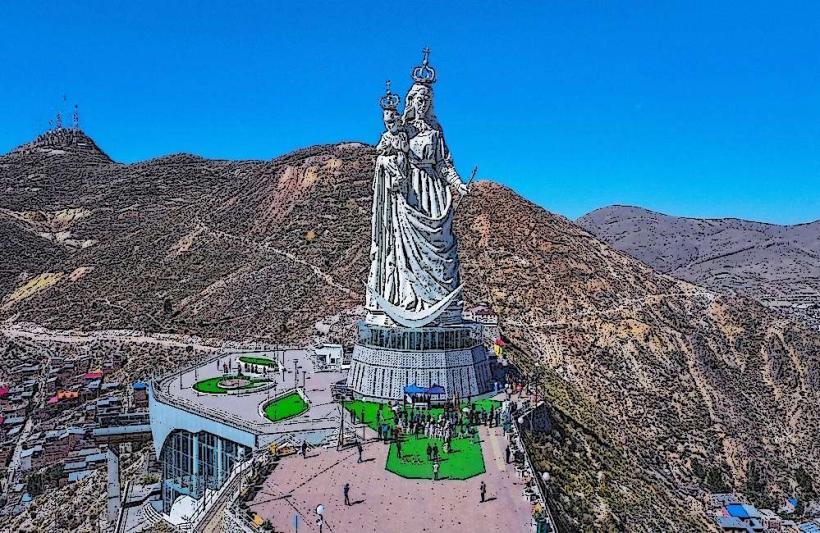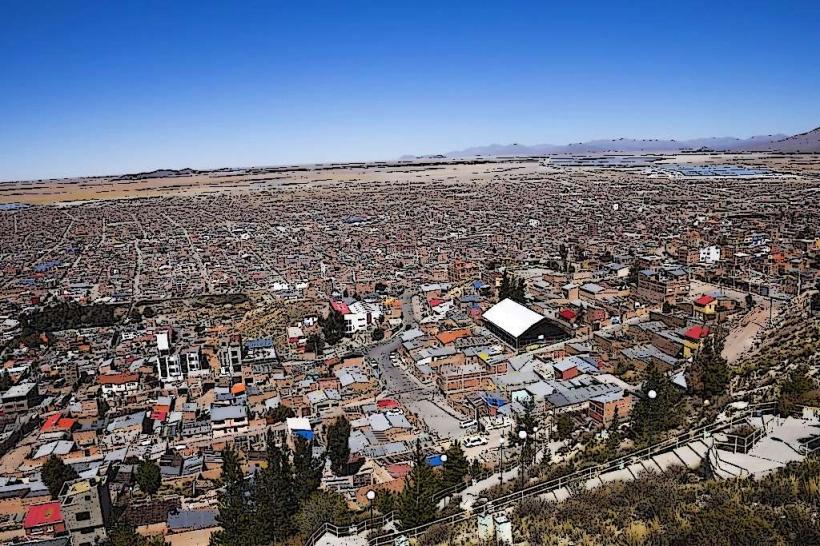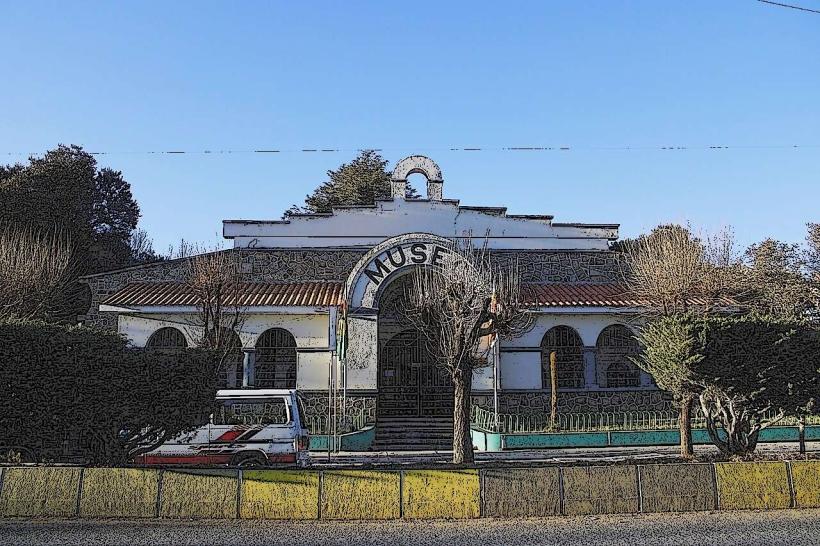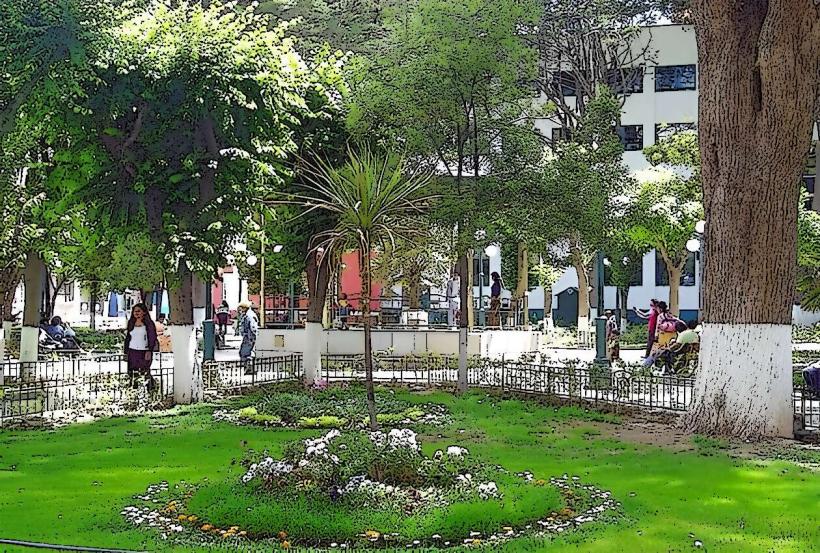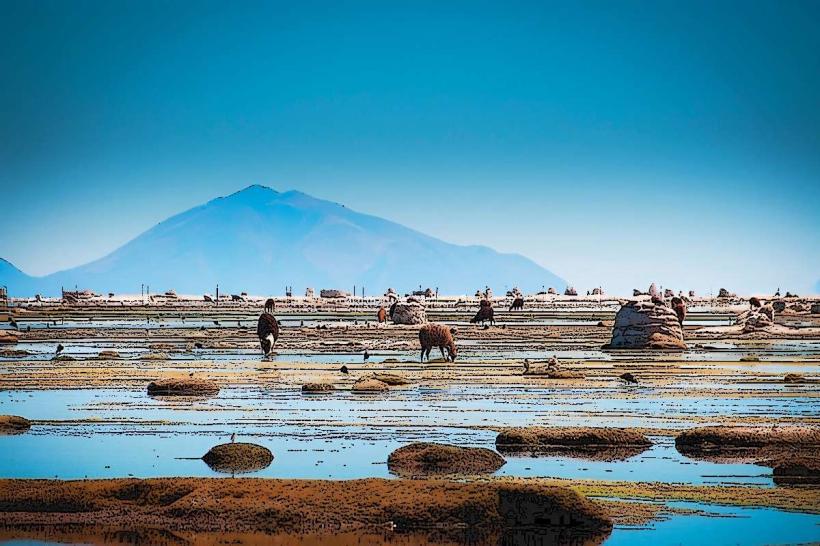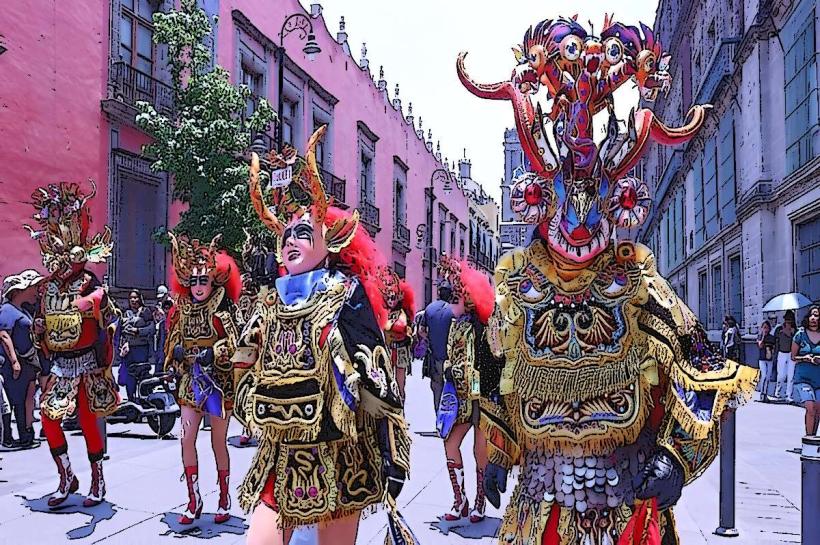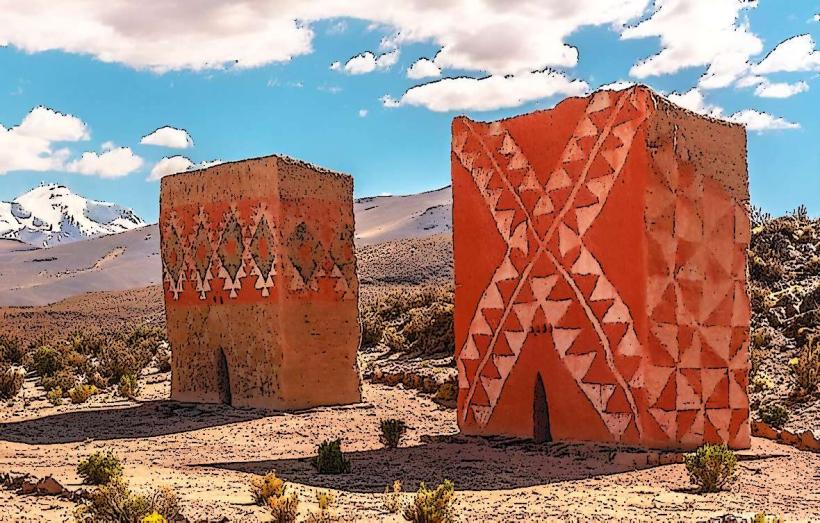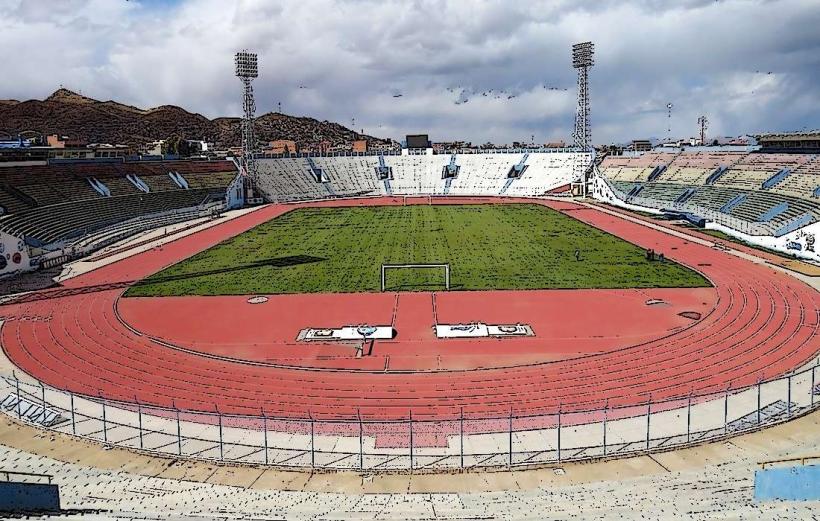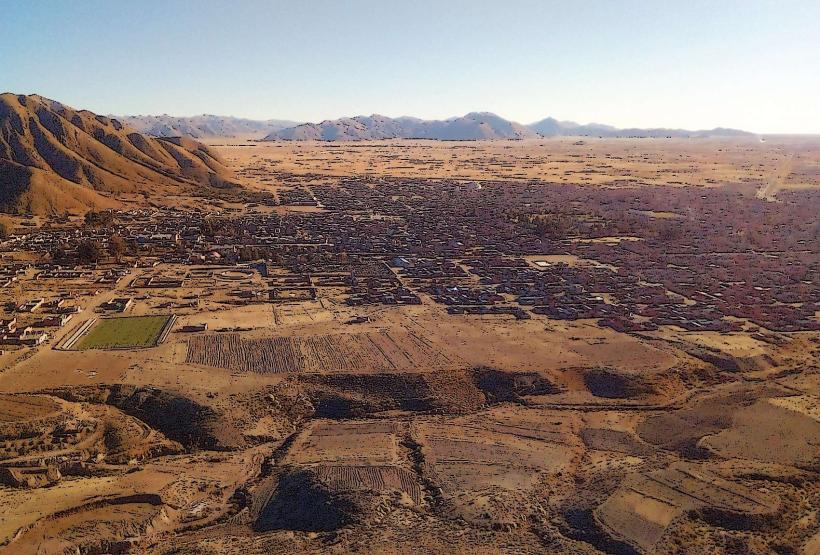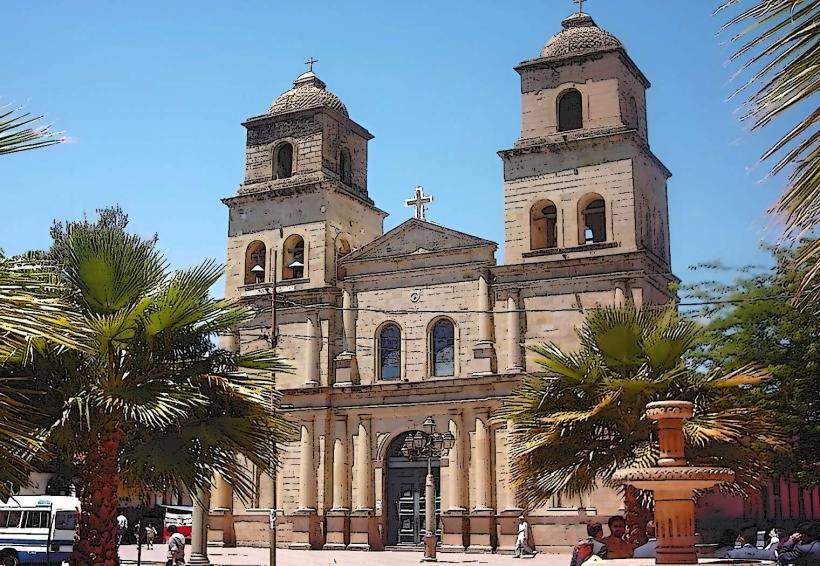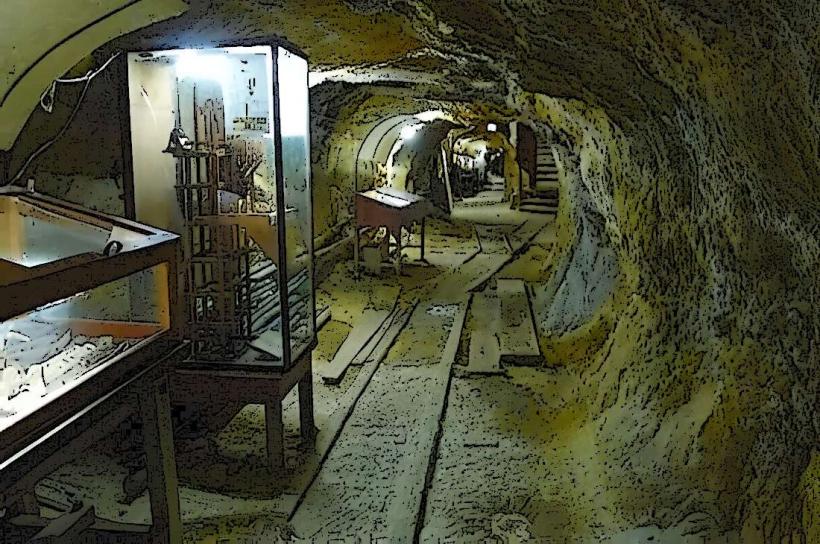Information
Landmark: Museo de los MineralesCity: Oruro
Country: Bolivia
Continent: South America
Museo de los Minerales, Oruro, Bolivia, South America
The Museo de los Minerales is a geological museum located in the city of Oruro, Bolivia. It houses a collection of mineral specimens from Bolivia and other regions.
Visual Characteristics
The museum building is a two-story structure constructed from reinforced concrete and painted a pale yellow. Its facade features simple geometric window frames and a flat roof. Inside, exhibits are displayed in glass cases on wooden stands. The mineral specimens vary in size, shape, and color, ranging from small crystalline formations to larger, rougher ore samples.
Location & Access Logistics
The Museo de los Minerales is situated at Calle Bolívar 652, approximately 1.2 kilometers south of Oruro's central plaza (Plaza 10 de Febrero). Access is via Calle Bolívar, a paved urban street. Limited street parking is available in the vicinity. Public transport options include local bus routes that run along Calle Bolívar; specific route numbers are not consistently posted but are generally identifiable by their destination signs.
Historical & Ecological Origin
The building housing the museum was originally constructed in the mid-20th century as a municipal administrative office. It was repurposed to house the Museo de los Minerales in 1995. The collection itself comprises mineral samples formed through various geological processes, including hydrothermal deposition and magmatic activity, representing Bolivia's rich mining heritage.
Key Highlights & Activities
Visitors can observe over 1,500 mineral specimens, including Bolivian silver, tin, and copper ores. Specific exhibits focus on the mineralogy of the Potosí and Oruro mining districts. Educational displays explain mineral identification and formation processes. Photography without flash is permitted.
Infrastructure & Amenities
Restrooms are available on the ground floor. Limited seating is provided within the exhibition halls. There is no dedicated shade within the museum, but the building is climate-controlled. Cell phone signal (4G) is generally consistent inside the museum. No food vendors are located within the museum premises; options are available on nearby commercial streets.
Best Time to Visit
The museum is open Tuesday through Sunday. The best time of day for viewing exhibits is during daylight hours when artificial lighting is supplemented by natural light from windows. The months of May through September offer drier weather conditions in Oruro, which can improve travel comfort.
Facts & Legends
A notable specimen in the collection is a large, well-formed crystal of stibnite, a mineral primarily composed of antimony sulfide, which is abundant in Bolivian deposits. Local lore suggests that certain mineral veins in the region were discovered by following the flight paths of specific birds.
Nearby Landmarks
- Museo Etnográfico y Folklórico (0.3km North)
- Catedral de Nuestra Señora de la Candelaria (0.8km North)
- Plaza 10 de Febrero (1.2km North)
- Estadio Jesús Bermúdez (1.5km West)

